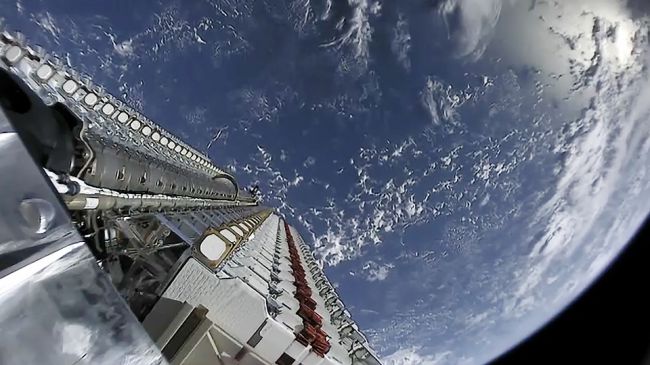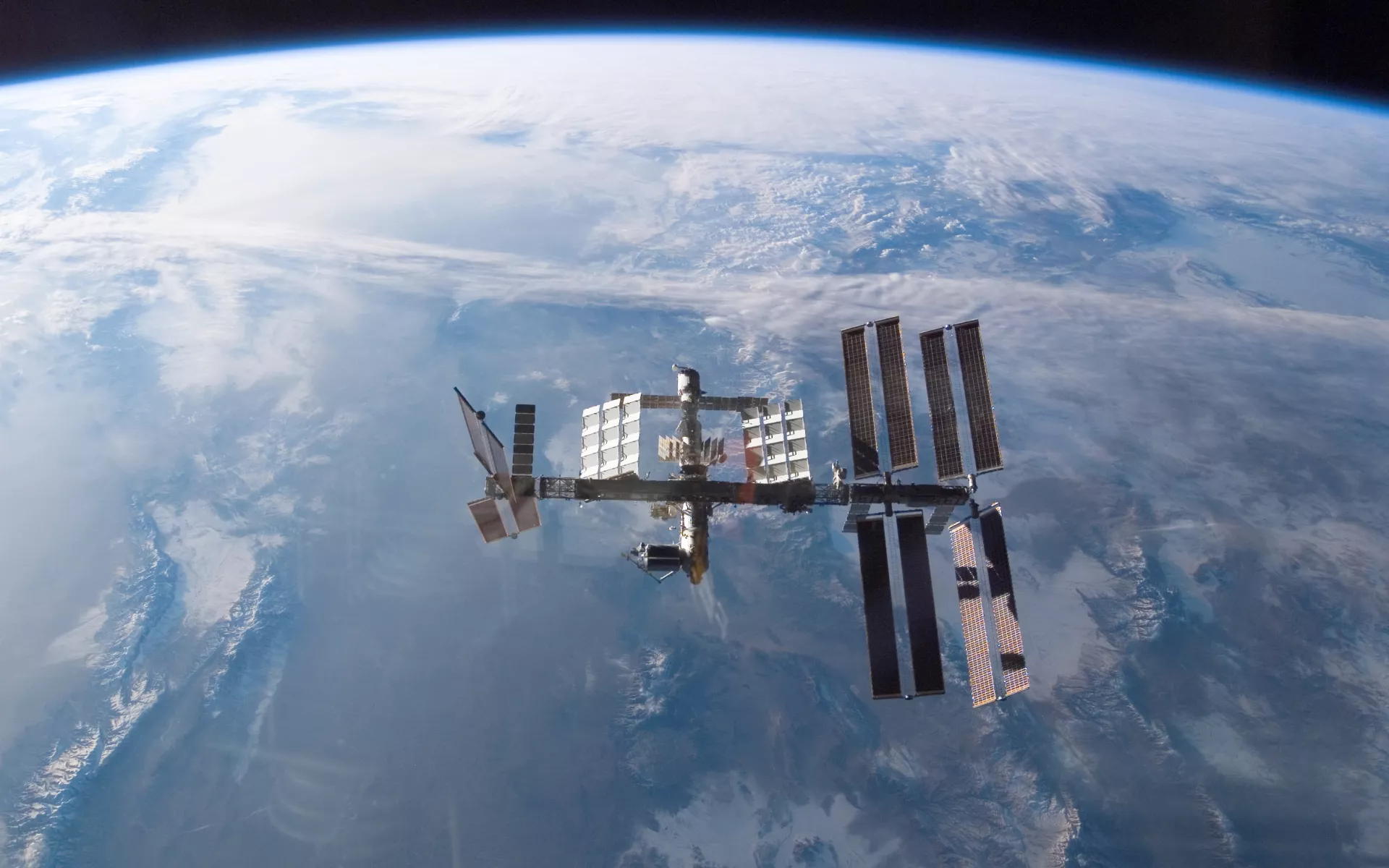Russia Warns US Over SpaceX ‘Spy Satellites’

‘Starshield’ spy satellites built by SpaceX for the US government could result in commercial satellites being targetted, warns Russia
Vladimir Putin’s regime, days after unsurprisingly winning another six years in power with a ‘landmark majority’ in Russia’s presidential election, has responded to the US ‘spy satellite’ surveillance plan.
Earlier this week it was reported that Elon Musk’s SpaceX was developing a network of hundreds of spy satellites for the United States government under a classified $1.8 billion (£1.4bn) contract with the National Reconaissance Office (NRO), an intelligence agency that manages spy satellites.
The contract was signed in 2021 following an earlier contract in 2020, worth roughly $200m, under which SpaceX used one of its Falcon 9 rockets to launch an initial prototype satellite.

Starshield satellites
Roughly a dozen prototypes have been launched under the two contracts since 2020, the Reuters report said.
The project, being handled by SpaceX’s Starshield business unit, aims to create a network of low-orbit satellites that could provided detailed, near-continuous imagery of the Earth’s surface, according to the report.
It is separate from the company’s Starlink broadband communications network, which currently has about 5,500 satellites in orbit and is used by Ukraine for military communications during the war with Russia.
The Starshield network would aim to provide support to ground forces in tracking potential targets anywhere in the world.
The NRO acknowledged that it is developing an orbital surveillance system, while declining to provide details. The NRO includes personnel from the US Space Force and CIA and provides satellite data to other intelligence agencies and the military.
The network is to consist of large satellites with imaging sensors along with a larger number of relay satellites passing imaging and communications data across the network using inter-satellite lasers.
Russia response
China, which is said to be planning to launch its own satellite constellations, said in a social media account operated by the People’s Liberation Army that the plan showed US “shamelessness and double standards” – without specifically naming anyone.
Elon Musk’s Tesla has a significant manufacturing base and consumer market in China.
Now Russia on Wednesday said that it knew about US intelligence efforts to use commercial satellite operators such as SpaceX, and cautioned that such moves made their satellites legitimate targets Reuters reported.
“We are aware of Washington’s efforts to attract the private sector to serve its military space ambitions,” Foreign Ministry Spokeswoman Maria Zakharova was quoted as telling reporters.
Such systems “become a legitimate target for retaliatory measures, including military ones,” Zakharova said.
Space debris
In November 2021 Russia was heavily criticised for blowing up a satellite in orbit, creating a dangerous debris cloud which can be lethal to astronauts when on a space walk.
Space debris and clutter is a growing problem, as it can pose a serious risk to space travel, especially considering there are reportedly nearly 36,500 satellites and other objects orbiting the planet.

The US government issued the first ever space debris penalty in October 2023 against Dish Networks, after its 20 year-old satellite failed to reach agreed ‘disposal orbit’.